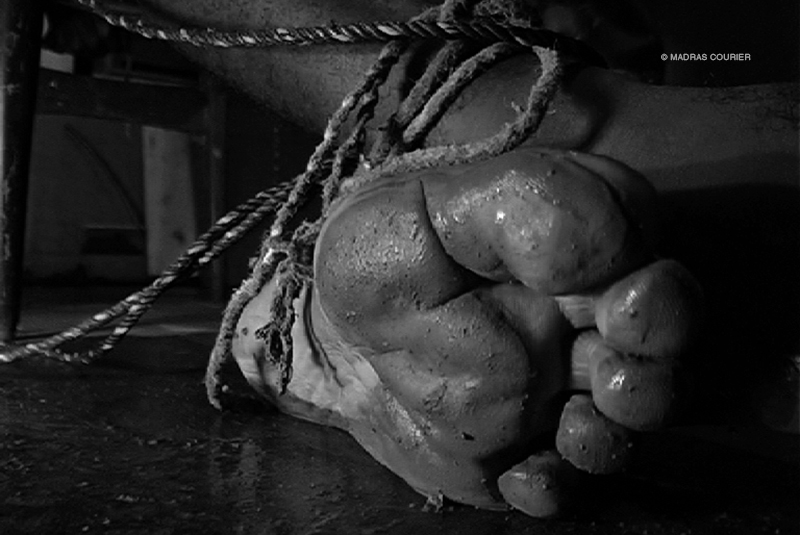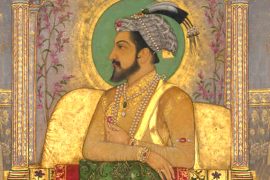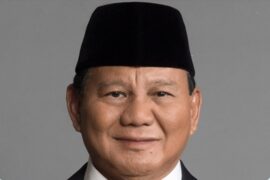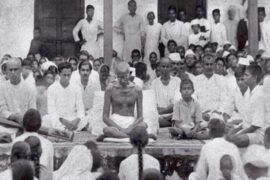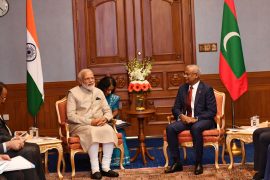Torture can make a man say anything – even if he has nothing to say. It’s this principle that has led to the majority of the world’s nations ratifying the United Nations Convention Against Torture. But, 20 years since India signed the treaty, it has yet to ratify it.
The value of torture demands interrogation. For much of India’s independent history, the state has tortured both its citizens as well as its military. The Samba Spy Scandal is a testimony to the horror of wrongful conviction on the basis of torture-led investigations.
In 2000, a former gunner of the Indian army was exonerated of the charge of being a spy, levelled in 1975 with his arrest. What follows was a spy scandal where over 60 soldiers were arrested on charges of espionage in 1978-79. Among those apprehended were majors, captains, colonels and ordinary soldiers. As the narrative went, spy betrayed spy betrayed spies.
At the time, it seemed like a major bust. But doubts emerged after the body of the one of the accused, Havildar Ram Swarup, was thrown onto the road near the New Delhi cantonment. The army’s stance then was that the officer had died of a drug overdose. 33 years later, the delayed post-mortem revealed otherwise. It bore 44 injury marks and signs of electric burns.
Copyright©Madras Courier, All Rights Reserved. You may share using our article tools. Please don't cut articles from madrascourier.com and redistribute by email, post to the web, mobile phone or social media.Please send in your feed back and comments to [email protected]

